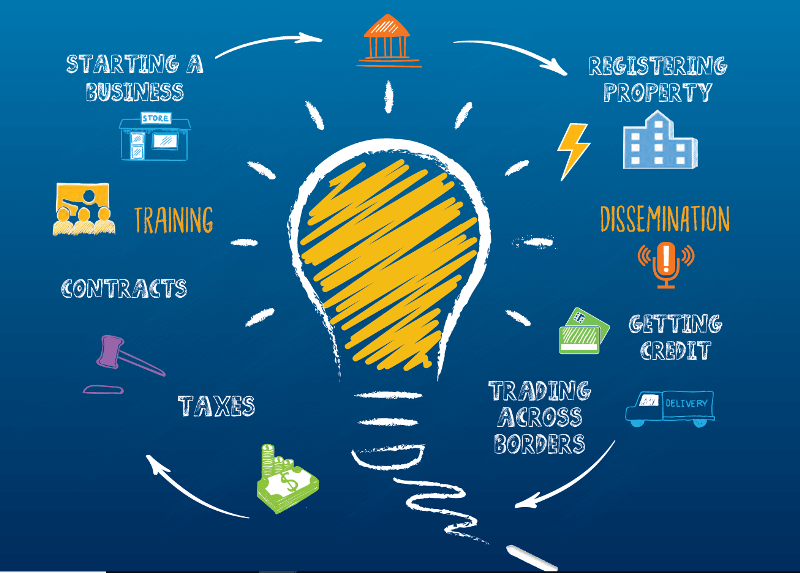The International Monetary Fund (IMF) on Tuesday backed Kristalina Georgieva, the managing director with full confidence in her work. But, did Georgieva have a hand in rigging the World Bank’s Ease of Doing Business Rankings? Read to know all about it.
What is the Ease of Doing Business (EoDB) Rankings?

Since 2002, the Ease of Doing Business Rankings or EoDB ranks countries on various parameters. The ranking indicates how easy or difficult it is to do business in a particular country. Every year, the rankings map if a country has improved or worsened and by how much. The EoDB ranking also highlights the parameters of change or even procedures involved to make a contract. While it is very extensive, it became a go-to metric for investors across the globe to assess risk and opportunities. With time, it acquired great significance and predicted where a nation stands.
However, is this reliable? Even before the controversy, the EoDB had several gaps. For example, India’s ranking shot up since they used metrics from Delhi and Mumbai, two major metros. However, the ease of doing business reduces when one moves away from the large metros. China heightened its rankings using the same loophole.
While the EoBD rankings are a useful metric, the methodology involved must be more detailed, impartial, and ethical. “The current methodology should be significantly modified, implying a major overhaul of the project,” reported the World Bank on September 1.
What is the controversy all about?
Georgieva, the Bulgarian economist has held several key positions in Europe. She also served as the World Bank’s chief executive and the interim president before taking over as the IMF’s Managing director. The controversy began in January 2018 when Paul Romer, the chief economist of the World Bank said that the rankings underwent tweaking for political reasons. Romer is a Nobel Prize laureate in Economics for his understanding of how knowledge acts as a driver for long-term growth. Romer’s comment and resignation started questions on the ranking’s credibility and integrity.
However, the rankings are not active since August 2020. “Several irregularities have been reported regarding changes to the data in the Doing Business 2018 and Doing Business 2020 reports, published in October 2017 and 2019. The changes in the data were inconsistent with the Doing Business methodology,” stated the World Bank. the organization also initiated a detailed review in addition to an independent investigation. Reports alleged of China’s rankings, altered in 2018. And that of 2020 rankings altered for UAE, Azerbaijan, and Saudi Arabia.
The WilmerHale report also states that when Georgieva took control of China’s ranking and looked into ways of increasing it, a junior member suggested averaging the performance of Shanghai and Beijing, China’s two best cities. Hence, by cherry-picking the cities, China’s ranking would see great growth.
